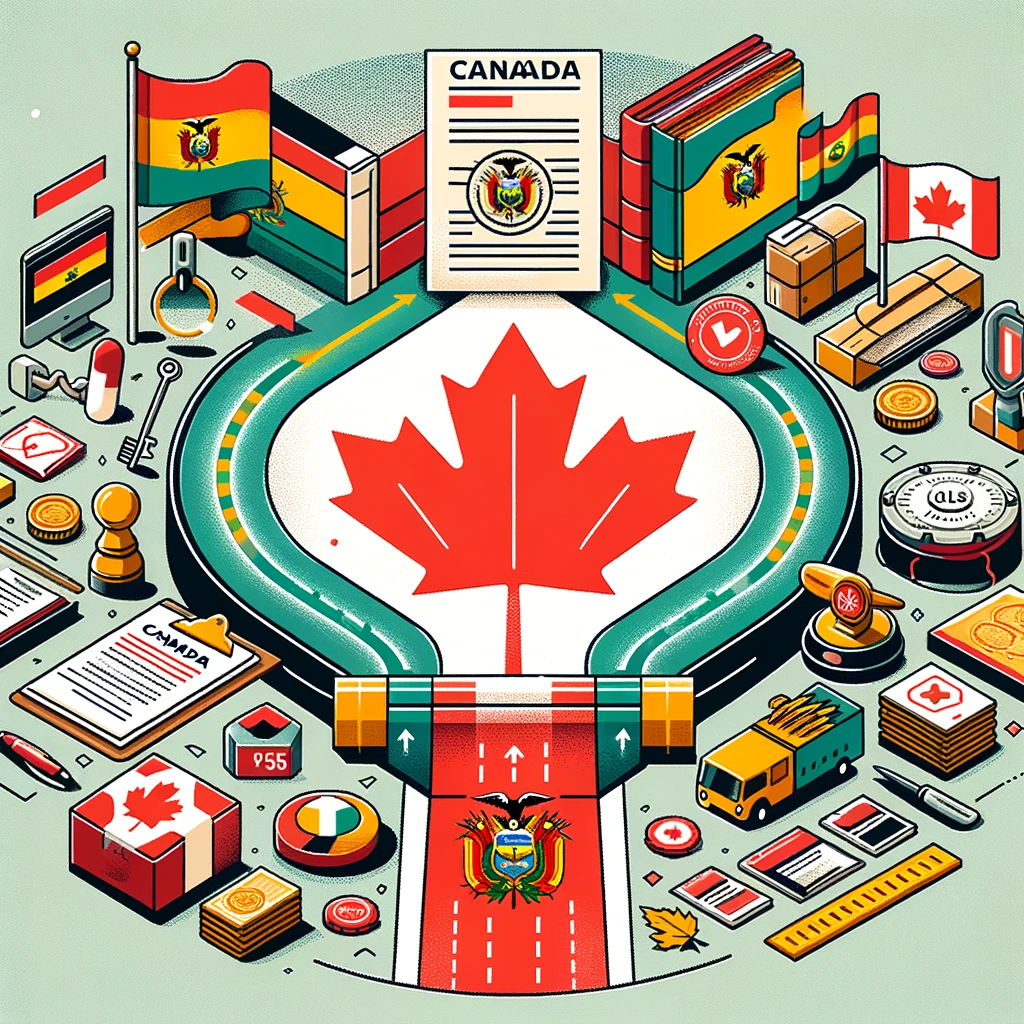Canadian Apostille for use in Bolivia
Canada's accession to the Hague Apostille Convention on January 11, 2024, marks a significant milestone in simplifying the process of document legalization for international use, particularly in countries like Bolivia. This development is a boon for individuals and businesses alike, reducing the bureaucratic layers previously required for the authentication and legalization of documents for use abroad. Here, we explore the implications of this change, the types of documents that may require an Apostille for use in Bolivia, and why Global Document Solutions is your ideal partner in navigating this new landscape.
Understanding the Apostille Process
The Hague Apostille Convention simplifies the process of legalizing documents to be used internationally by replacing the traditional chain authentication method with a single-step Apostille certification. For Canadians, obtaining an Apostille means that documents can now be certified by either Global Affairs Canada or the provincial competent authority—Alberta, British Columbia, Ontario, Quebec, or Saskatchewan—depending on where the document was issued and its nature.
Why You May Need an Apostille for Bolivia
The need for an Apostille service for Bolivia can arise in various scenarios, including business transactions, family matters, marriage registrations, and more. For instance:
- Business Matters: Establishing a new business, entering into contracts, or conducting transactions within Bolivian jurisdiction often requires authenticated corporate documents such as articles of incorporation, business licenses, or power of attorney.
- Family Matters: Relocating to Bolivia, dealing with inheritance issues, or adopting a child from Bolivia necessitates the legalization of personal documents like birth certificates, adoption papers, or court documents.
- Marriage in Bolivia: Marrying in Bolivia requires that documents such as single status affidavits, divorce decrees, or birth certificates be apostilled to be considered valid.
Types of Documents Requiring an Apostille
The range of documents for which an Apostille might be necessary includes, but is not limited to:
- Personal documents: Birth certificates, marriage certificates, death certificates, divorce decrees.
- Educational documents: Degrees, diplomas, transcripts, professional certifications.
- Corporate documents: Company bylaws, power of attorney, financial documents, trade agreements.
Why Choose Global Document Solutions?
With over three decades of experience in document authentication and legalization services, Global Document Solutions stands as a leader in navigating the complexities of international document verification. Here's why we are your best choice:
- Expertise: Our in-depth knowledge of the Apostille process, including the latest developments such as Canada's accession to the Hague Apostille Convention, ensures that your documents are handled correctly and efficiently.
- Personalized Service: We understand that every client's needs are unique. Our team provides personalized consultations to ensure your specific requirements are met.
- Global Network: Our extensive network enables us to expedite the Apostille process, ensuring your documents are legalized in a timely manner.
- Trust and Reliability: With a track record of success and customer satisfaction, Global Document Solutions is a name you can trust for all your document legalization needs.
Conclusion Trust The Experts @ Global Document Solutions
Canada's entry into the Hague Apostille Convention is a welcome change for anyone needing to legalize documents for use in Bolivia. Whether for business, family matters, or marriage, the process is now more straightforward and faster. Global Document Solutions is here to assist you through this process, offering expertise, efficiency, and a commitment to customer satisfaction.


